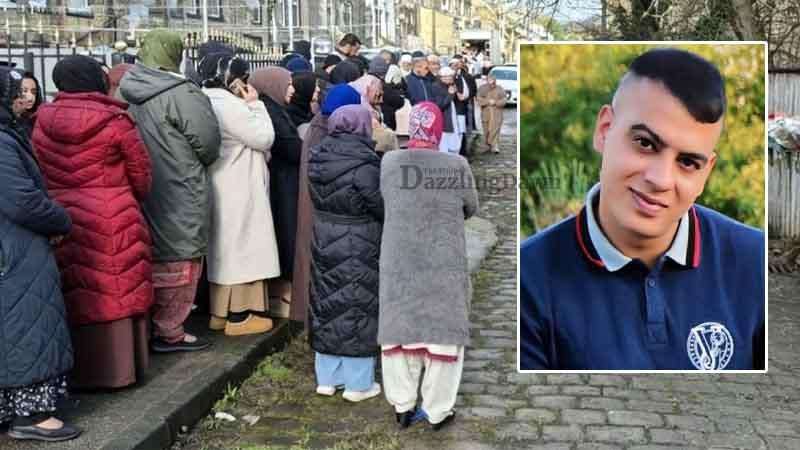The Allahabad High Court has ignited a debate on the intersection of religious law and personal conduct, stating that while Islamic law permits polygamy under specific conditions, it is often "misused by men for selfish reasons." The observation came during the hearing of a plea by a Muslim man, Furkan, who sought to quash criminal proceedings against him for bigamy and rape.
Justice Arun Kumar Singh Deshwal, presiding over the case, acknowledged that the Quran allows polygamy, referencing its historical context of protecting widows and orphans during early Islamic tribal conflicts. However, the court emphasized the contemporary reality where this provision is frequently exploited for personal gain.
The case stemmed from a 2020 complaint by a woman who alleged that Furkan married her without disclosing his existing marriage and subsequently raped her. Furkan argued that as a Muslim man, he is entitled to have up to four wives and that the complainant entered the marriage with full knowledge of his prior marital status after a period of relationship. His legal counsel further argued that the charge of bigamy under Indian law requires the first marriage to be declared void, which was not the situation in this instance.
In its 18-page judgment, the court concluded that neither bigamy nor rape charges were applicable in Furkan's case, asserting the validity of the second marriage under Muslim personal law, given the consent and knowledge of both parties.
This ruling brings to the forefront the contentious issue of how religious personal laws are interpreted and practiced in modern society. While the court upheld the legal validity of the second marriage within the framework of Islamic law, its strong remarks about the "selfish misuse" of polygamy highlight a growing concern about the potential for religious tenets to be manipulated for personal advantage. This case underscores the ongoing tension between religious freedom and the need to protect individuals from exploitation, prompting a wider discussion on the ethical implications of religious practices in contemporary times. The matter is scheduled for further hearing on May 26th.







.jpg)
.svg)


